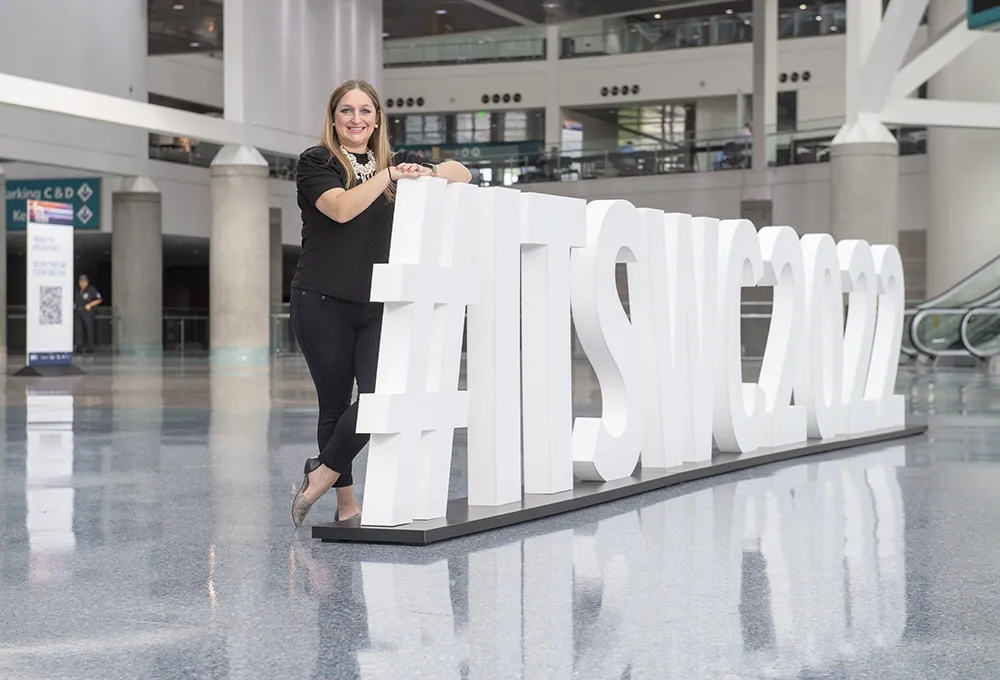The solution uses citywide data and AI-technology to provide actionable insights for operators and address challenges in Bike Share. Stage has also implemented its internationalisation process to enable Bico to be easily deployed in cities and cater to the needs of its citizens.
Tom Nutley, head of operations at Stage, said: “BKT and Stage have a shared vision for simple, efficient and user-centric transportation. Together, we are bringing innovation to Guadalajara’s Bike Share Scheme and using AI to give riders the best possible Bike Share experience. AI makes it simple to grow a Bike Share Scheme and provide services that create life-long riders. This is a great opportunity for Guadalajara to innovate in clean and sustainable transportation.”
Manuel Mandujano, trade and investment officer at British Embassy Mexico, said: "The partnership between Stage Intelligence and BKT demonstrates how organisations in the UK and Mexico can collaborate to create greener cities and happier citizens. Thanks to the support of the British Embassy in Mexico, Stage and BKT have shown that innovation doesn’t have borders. We are very proud to have joined this partnership and we look forward to Stage and BKT growing their partnership and enabling each other’s success in the long term.”
BKT partners with Stage Intelligence on Bike Share Scheme in Mexico
Central American Bike Share operator BKT bicipública (BKT) has chosen London-based Stage Intelligence (Stage) to deploy its artificial intelligence (AI) based Bike Share management platform to help optimize rider experience in Guadalajara, Mexico. Called Bico, the system is intended to enable BKT to distribute cycles efficiently and provide riders with bikes and docks when and where they need them.
February 9, 2018
Read time: 2 mins
Central American Bike Share operator BKT bicipública (BKT) has chosen London-based Stage Intelligence (Stage) to deploy its artificial intelligence (AI) based Bike Share management platform to help optimize rider experience in Guadalajara, Mexico. Called Bico, the system is intended to enable BKT to distribute cycles efficiently and provide riders with bikes and docks when and where they need them.









